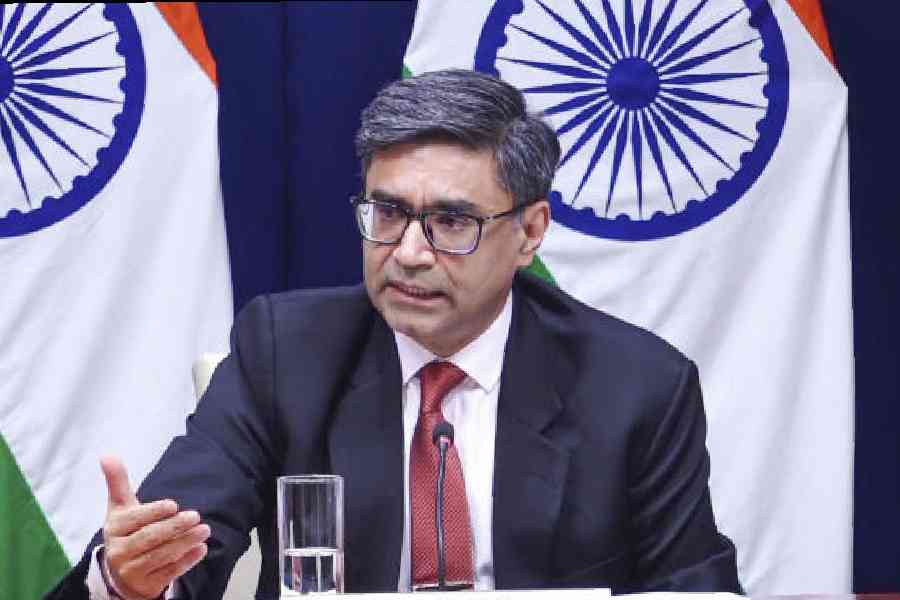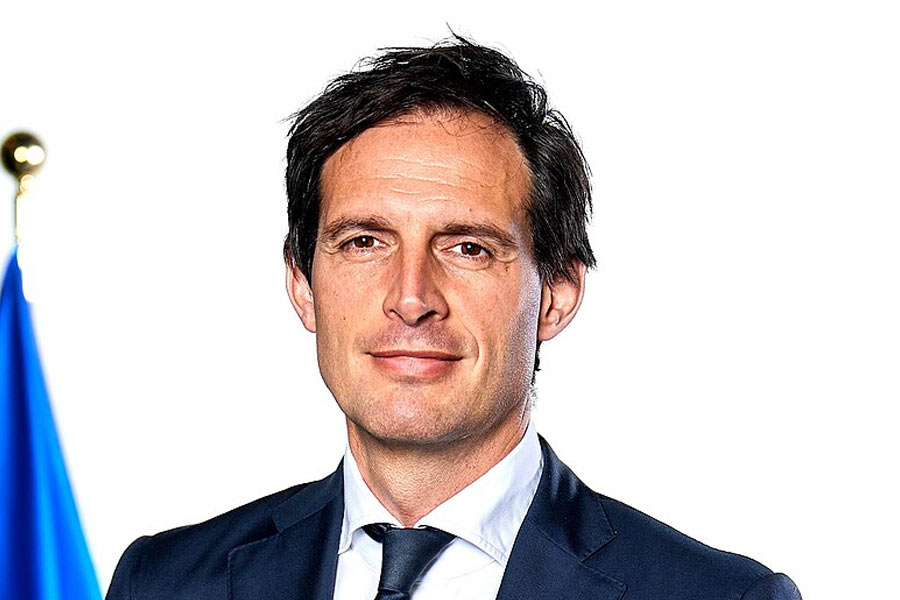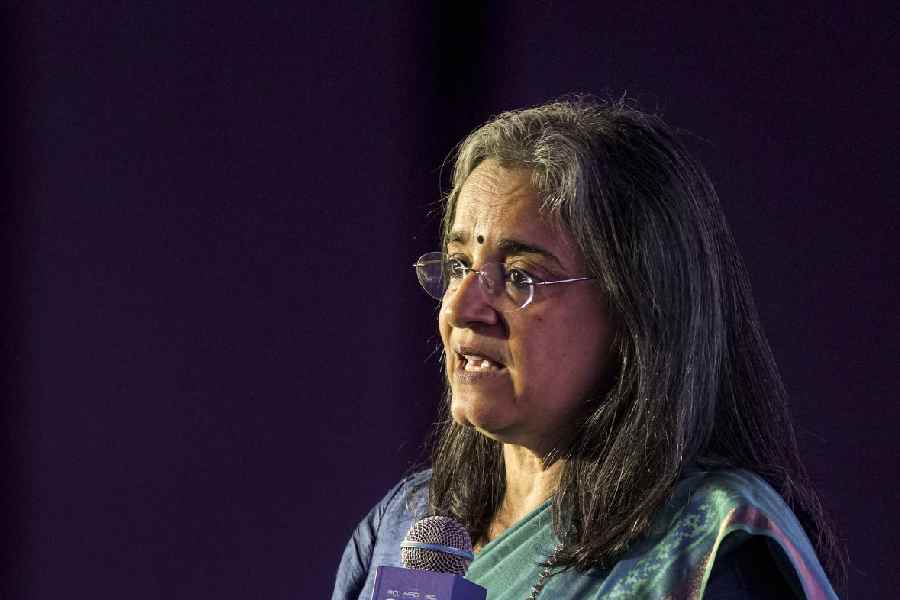Foreign secretary Vikram Misri told the Parliamentary Standing Committee on external affairs on Wednesday that India does not endorse deposed Bangladeshi Prime Minister Sheikh Hasina’s criticism of the interim government in the neighbouring country before referring to the Indian tradition of giving refuge to leaders fleeing their country under difficult conditions, according to sources.
Misri visited Dhaka on Monday — the first high-level visit from India to Bangladesh since Hasina left the country and landed in India in face of a wave of protest — and met the interim government chief Muhammed Yunus, his foreign affairs adviser Touhid Hossain and foreign secretary Md Jashim Uddin.
One of the major concerns that Dhaka flagged before Misri was Hasina’s “political activities” and attempts at “creating instability in Bangladesh” from Indian soil. They were probably referring to two recent video messages from the deposed Prime Minister to her supporters in the US and the UK.
Sources aware of the deliberations that took place in Dhaka told this newspaper that the Indian foreign secretary told the Bangladesh side that he was taking note of their concern and would inform the authorities about it on his return.
During the briefing before the standing committee — on the state of affairs in Bangladesh — Misri clarified that the Indian authorities had not provided her with any platform to carry out “political activity” from the country and added that she was was using her own communication devices, said a source.
He also told the MPs during the briefing, which lasted for more than two hours, that the government of India was focused on the “people of Bangladesh”.
The foreign secretary also tried to address the question — asked by some key members of the interim regime — on why India was allowing Hasina, who is slapped with over 250 cases, to stay in the country. During the briefing, he referred to the Dalai Lama to highlight the Indian tradition of giving refuge to leaders, who land up in India following difficult situations in their homeland.
Misri’s briefing session with the MPs became headline news in Bangladesh and triggered two diametrically opposite reactions.
A senior Awami League leader told this newspaper that Misri’s comments on India not endorsing Hasina’s views was “shocking”.
“Our leader spoke about atrocities on minorities and the state of lawlessness in the country under the Yunus regime in her video addresses... We understand that the Indian foreign secretary conveyed similar concerns during his meeting with the interim government representatives,” said the source.
“The Awami League has been a tried and tested friend of India. If the foreign secretary has said that India didn’t endorse her views, it’s shocking,” the source added.
The interim government, on the other hand, felt Misri’s comments signalled a diplomatic victory as it meant that the Indian authorities had begun taking cognisance of its concerns.
“This is good news, indeed,” said a source close to the interim government.
According to him, it would be advantageous for the Yunus regime if the Indian authorities are seen as “not endorsing” Hasina.
A source in the Indian establishment said that the comments of Misri should be seen in the context of New Delhi’s interest in engaging with the interim government in Dhaka.
“This is diplomacy as India cannot afford to engage with only one party,” said the source, before reminding that Misri also mentioned how India had been giving refuge to the Dalai Lama.
During the briefing Misri was asked several questions like the state of the minorities in Bangladesh and the reasons behind the surge in anti-India feeling.
The foreign secretary, a source said, replied that he had highlighted India’s “concerns” about the minorities and also added that reports on arrest of 88 persons related to the violence against minority communities indicated Dhaka’s willingness to address “concerns”.
On the issue of surge in anti-India feeling, he spoke about the younger lot in the population, who are apparently unaware of the role India had played in the country’s freedom struggle. The arrest of Hindu monk Chinmoy Krishna Das also came up as some members wanted to know about the alleged incidents of attacks on lawyers representing the former Iskcon member.
Reports from Chittagong suggested that the prison term for Das is likely to extend at least till January 2 as the CMM court in the port city on Thursday did not allow a Supreme Court lawyer, who tried to represent him, to file a plea to advance the hearing on his bail plea.
“Veteran lawyer Rabindra Ghosh had reached Chittagong to move a plea to advance Chinmoy’s bail hearing, but the court did not allow him as the lawyer did not have the vakalatnama to represent him,” said a source.
In view of the diktat from the Chittagong District Bar Association to its members to not stand for Das and large-scale intimidation of Hindu lawyers, the district police had provided security for Ghosh.
“But the administration did not facilitate his work as he would have had to visit the prison to seek the power and get it approved by the jail authorities,” said the source, adding that the possibility of an early hearing of the monk’s bail plea was “really low”.











